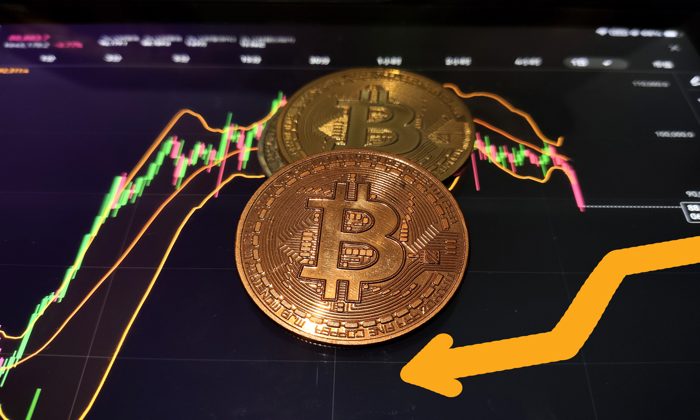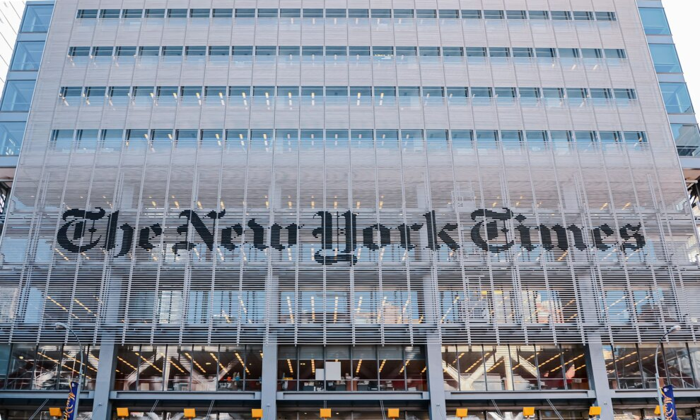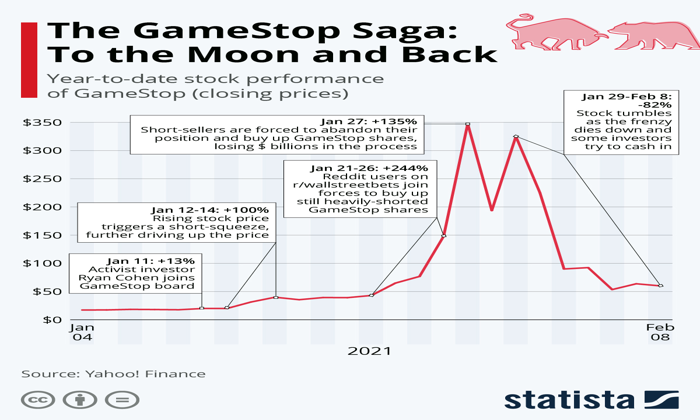The potential DeepSeek AI ban is poised to become a significant lever in the ongoing US-China trade tensions, particularly under the scrutiny of the Trump administration. As the administration evaluates technology restrictions, concerns have escalated regarding how DeepSeek, a Chinese AI company, is allegedly enhancing its capabilities by exploiting American technology. The recent emergence of the DeepSeek-V3 chatbot has sparked fears in Washington, with officials wary that such innovations could shift the balance in the fierce China AI competition. Additionally, Nvidia’s export controls are under examination, as it is believed that DeepSeek may have accessed restricted technologies, further inflaming sensitivities surrounding U.S. intellectual property. With China’s actions leading to accusations of data manipulation and espionage, the ramifications of the DeepSeek AI ban could redefine the landscape of artificial intelligence on a global scale.
The discussion surrounding the potential prohibition of DeepSeek’s operations highlights a critical intersection of technology and national security. U.S. policymakers are increasingly concerned that Chinese advancements in artificial intelligence provide an unfair competitive edge, especially following the alarming launch of their latest chatbot, which promises innovative capabilities at a lower cost than American counterparts. Moreover, the implications of such a ban resonate beyond mere trade, reflecting deeper anxieties about foreign exploitation of domestic technologies and the integrity of U.S. data. As regulatory actions against tech entities intensify, the complexities of U.S.-China relations and their technological rivalry continue to evolve, prompting urgent calls for scrutiny and protective measures. This crackdown exemplifies the growing urgency for vigilance in safeguarding American innovation against potential foreign encroachment.
The Potential Impact of a DeepSeek AI Ban
The consideration of banning DeepSeek AI by the Trump administration reflects the growing unease regarding China’s advancing position in the artificial intelligence sector. Such a ban could have profound implications not just for the company but also for the broader landscape of AI technology and innovation. Limiting DeepSeek’s access to US technology could hinder its capacity to evolve, potentially stalling the rapid development of its AI systems, which has already shown significant capabilities with initiatives like DeepSeek-V3.
Moreover, the banning of DeepSeek could disrupt the competitive dynamics in AI, particularly given its ability to deliver effective solutions at a lower cost than its American counterparts. This could lead to an increased urgency for US companies to innovate and develop more affordable AI solutions to retain their market position. However, as tensions escalate amid the US-China trade conflict, it is important to weigh these restrictions against potential retaliatory measures from China and the possible impact on bilateral trade.
Frequently Asked Questions
What is the DeepSeek AI ban proposed by the Trump administration?
The DeepSeek AI ban refers to the potential restrictions being evaluated by the Trump administration to limit the Chinese AI company DeepSeek’s access to American technology. This includes examining penalties that could deny DeepSeek access to U.S. tech services, amidst concerns over China’s advancements in AI technology.
How does the DeepSeek chatbot influence the competition in AI between the U.S. and China?
The DeepSeek chatbot, particularly its recent version DeepSeek-V3, has raised alarms due to its low development cost and high performance, potentially enhancing China’s position in AI against the U.S. This development has prompted fears that China could surpass U.S. technological capabilities, leading to increased scrutiny from the Trump administration.
What role do Nvidia export controls play in the DeepSeek AI situation?
Nvidia export controls are critical in the DeepSeek AI situation because the company has been accused of supplying approximately 60,000 chips to DeepSeek, including those restricted under U.S. regulations. These controls are designed to prevent advanced technologies from reaching Chinese firms that could use them for military or propaganda purposes.
How do trade tensions between the U.S. and China affect the DeepSeek AI ban?
The U.S.-China trade tensions have escalated in recent years, with the U.S. imposing significant tariffs on Chinese goods and tightening technology export controls. This environment contributes to the urgency of a DeepSeek AI ban, as the U.S. government seeks to prevent further technological advancements by China that could disrupt the balance of power in AI.
Why is the U.S. government focused on DeepSeek as part of its technology restrictions?
The U.S. government is focusing on DeepSeek due to allegations that the company has manipulated user data and unlawfully used U.S. AI models to train its technology. This has raised national security concerns, prompting the Trump administration to consider bans and restrictions to thwart China’s technological growth.
What implications does the DeepSeek ban have for American technology companies?
A DeepSeek ban could lead to stricter regulations for American technology companies like Nvidia, affecting their operations and sales abroad. It underscores the U.S. government’s commitment to safeguarding its technological innovations from being used by adversaries and aims to strengthen domestic industries against foreign competition.
What actions might the Trump administration take against DeepSeek and similar companies?
The Trump administration might impose penalties that restrict DeepSeek’s access to U.S. technology and potentially ban American users from accessing DeepSeek’s services. This may include legal actions against companies that violate export controls related to technologies sold to China.
In what ways could the DeepSeek chatbot affect U.S.-China relations?
The DeepSeek chatbot’s development and deployment could exacerbate U.S.-China relations by fueling technological competition. If DeepSeek continues to advance rapidly in AI, it may prompt further trade restrictions, tariffs, and geopolitical tensions as each country seeks to assert dominance in technology.
| Key Points |
|---|
| The Trump administration is considering a ban on the Chinese AI company DeepSeek due to national security concerns. |
| Concerns arise from DeepSeek’s launch of DeepSeek-V3, a cost-effective AI chatbot that rivals U.S. competitors. |
| The U.S. Select Committee reported that DeepSeek may be channeling American user data to the Chinese Communist Party. |
| DeepSeek is suspected of using Nvidia chips that may have been illegally obtained, exacerbating U.S.-China trade tensions. |
| Trade tensions have escalated, with significant tariffs imposed by both the U.S. and China on each other’s goods. |
Summary
The potential for a DeepSeek AI ban highlights the deepening tensions between the U.S. and China in the realm of artificial intelligence. As the Trump administration weighs restrictions, concerns over national security and technological superiority intensify, with DeepSeek’s impressive capabilities stirring alarm among U.S. officials. The situation underscores the broader implications of trade disputes and the global race for AI supremacy.
The DeepSeek AI ban is at the forefront of growing concerns regarding America’s competitive edge in artificial intelligence. As the Trump administration weighs stringent technology restrictions against China’s DeepSeek, alarms are ringing over the potential ramifications for U.S. technological supremacy. With the rapid evolution of DeepSeek’s open-source chatbot, DeepSeek-V3, which was reportedly developed for a fraction of the cost of its American counterparts, the stakes have never been higher. This unfolding situation is intensified by the broader backdrop of US-China trade tensions and ongoing Nvidia export control scrutiny, which highlights the precarious balance of power in the global AI landscape. As officials grapple with the implications of cutting off American users from DeepSeek’s services, the urgency to curb potential data breaches and technology leaks becomes apparent.
In light of recent developments, discussions surrounding a ban on the DeepSeek AI platform underscore a pivotal moment in the U.S.-China technological rivalry. The potential prohibition on this Chinese AI entity signals a broader strategy aimed at curbing China’s advancements in artificial intelligence and safeguarding American innovation. As policymakers consider this measure, the broader implications of technology restrictions and export controls linger, especially in connection with chips produced by firms like Nvidia. This scrutiny reflects ongoing U.S. efforts to address concerns arising from possible data privacy violations and the implications of reliance on foreign AI systems. As the dichotomy between U.S. and Chinese technology deepens, the impact of these decisions will resonate across the global landscape.















